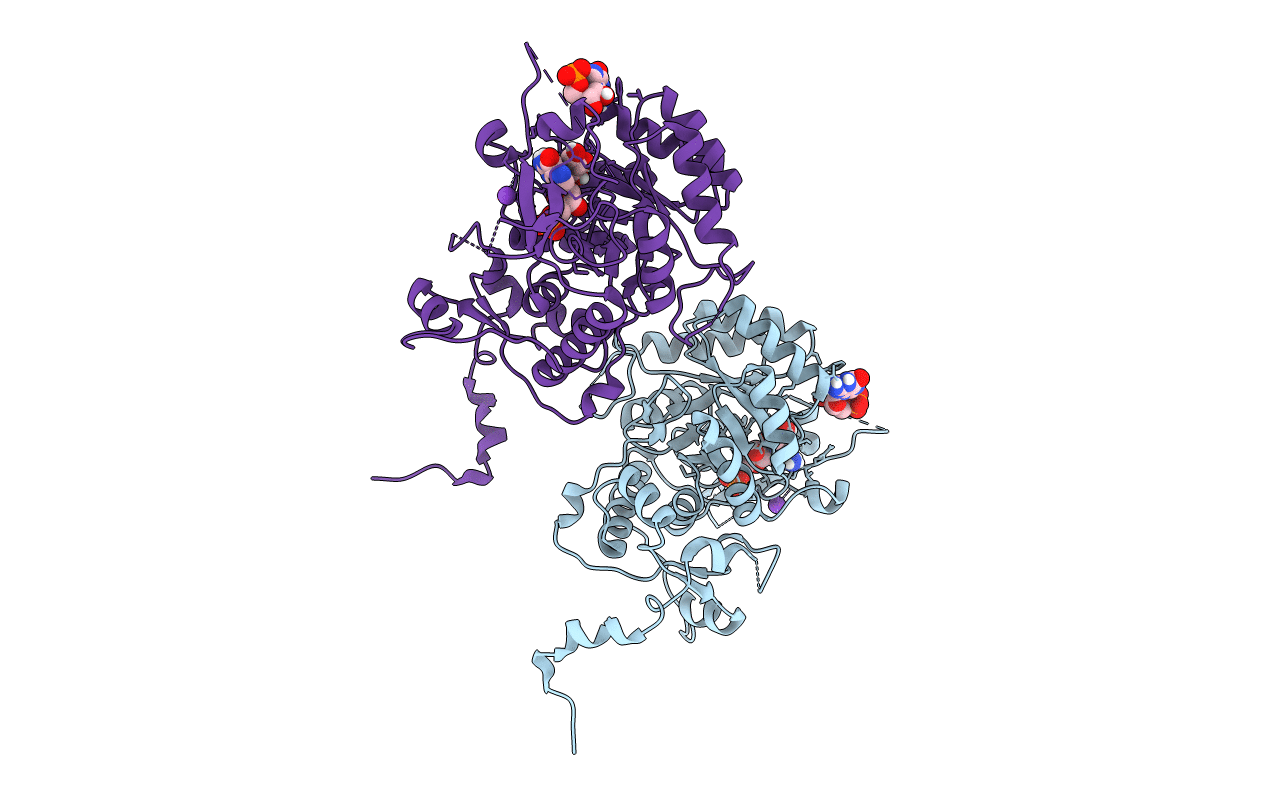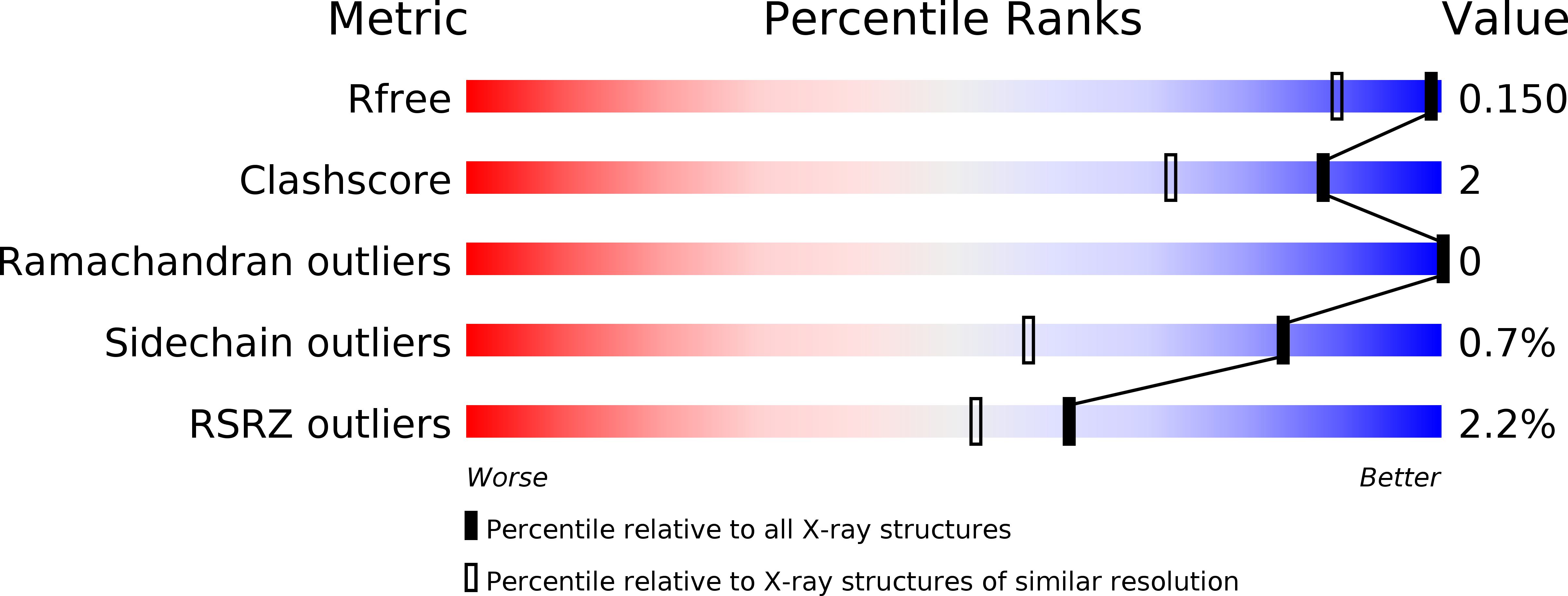
Deposition Date
2015-03-26
Release Date
2015-11-25
Last Version Date
2024-01-10
Entry Detail
PDB ID:
4Z0G
Keywords:
Title:
Structure of the IMPDH from Ashbya gossypii bound to GMP
Biological Source:
Source Organism(s):
Expression System(s):
Method Details:
Experimental Method:
Resolution:
1.25 Å
R-Value Free:
0.14
R-Value Work:
0.12
R-Value Observed:
0.12
Space Group:
P 4


